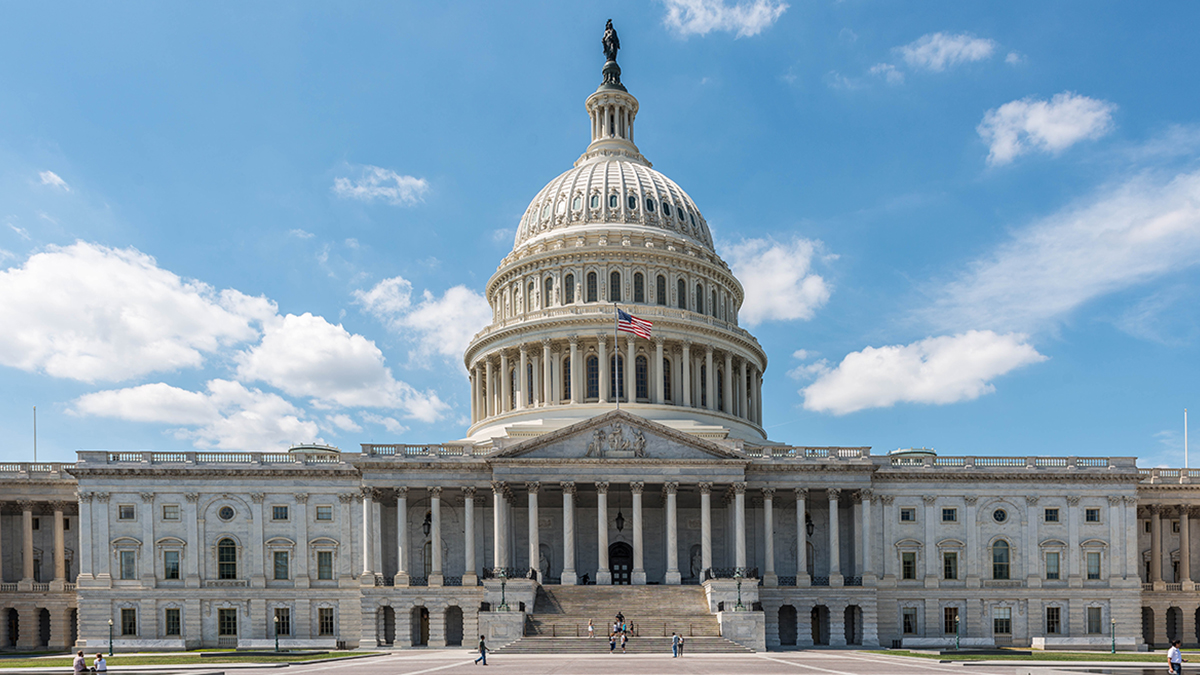House:
Following a slow April and a brief recess the last week of May, the House is poised to work the entire month of June. The House Appropriations Committee is processing spending bills for FY2020 appropriations, and lawmakers will begin working to amend each bill before heading to the House floor and ultimately sending to the Senate for consideration. While Democrats on the House Natural Resources Committee are expected to continue to push a wide swathe of bills that would impose anti-drilling protections for various onshore and offshore areas, it is unlikely that any of these measures will receive floor time in the Republican-controlled Senate. In addition, in early May, the House passed H.R. 9, the Climate Action Now Act, which would require the President to develop and update annually a plan for the United States to meet its nationally determined contribution under the Paris Agreement on climate change. Specifically, the plan must describe steps to (1) cut greenhouse gas emissions by 26%-28% below 2005 levels by 2025, and (2) confirm that other parties to the agreement with major economies are fulfilling their announced contributions. The bill prohibits federal funds from being used to withdraw from the agreement.
Senate:
The Senate will continue to churn through President Trump’s sizable list of nominations. Leaders from both parties have been enthusiastic on reaching bipartisan deals/consensus concerning a wide range of policy areas including disaster relief, infrastructure funding, and consumer data privacy protections, but tensions with the Administration and disagreements in the House are stalling any notable progress.
White House:
Over the next month, the Trump Administration is expected to continue its energy and environmental regulatory rollback strategy, building off the withdrawal from the Paris Accord and the President’s refusal in late May to sign a communiqué aimed at shielding Arctic regions from human impact. Going forward, lawyers for the executive branch will continue to address legal filings from 3rd party groups challenging the Administration’s actions involving offshore drilling safety rollbacks and the approval of BLM lands for oil and gas development. As seen over the last month with an increase in tariffs on Chinese goods and the ending of sanction waivers for Iranian oil imports, the Administration will continue to promote its hardline stance on foreign trade and energy policy as we move into the summer months. On the immigration front, the Administration continues to deal with a plethora of funding and policy issues, with visa backlogs growing by the day and resources on the border stretched thin amid a surge in migration.





